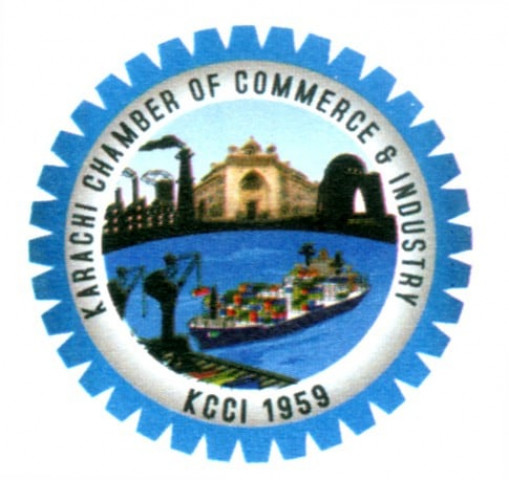Pakistan's export goal unlikely to be met in absence of action plan
KCCI chief asks govt to address supply, demand-related challenges.

To tackle these, a proper road map is needed which may include long-term policies, a plan of action, ease of doing business, image-building, trader facilitation and transparency. PHOTO: fpcci.org.pk
He was speaking at a seminar titled “Post-Strategic Trade Policy Framework 2015-18”, organised by the KCCI in association with the US Agency for International Development (USAID).
“On-ground result has remained quite disappointing in the absence of a workable plan of action, therefore, precise and realistic targets with timelines should be set and progress monitored on a periodic basis rather than general policy statements,” he said, quoted by a press release.
Bashir was of the opinion that extraordinary will, extreme hard work and dedicated efforts were needed to touch the export target. Events like today’s seminar and constant interaction with the business community were also a must which would pave the way for reaching the goal.
He pointed out that the cost of doing business was roughly 9% higher in Pakistan compared to regional countries as the former was put at the 138th place amongst 189 countries. However, no practical measures have been suggested in the trade policy to bring down the high cost of doing business.
Another issue that he drew attention to was the tax refund claims of billions of rupees which had remained stuck at the Federal Board of Revenue, causing liquidity crunch for the exporting industries.
“To cope with the situation, I suggest putting in place an automated mechanism where tax refunds do not get stuck and traders do not face difficulties,” Bashir said.
Despite winning the Generalised Scheme of Preferences (GSP) Plus status, which guarantees duty-free export of certain products to the European Union, Pakistan exporters have failed to gain a wider foothold in the EU market.
“We have to identify why we have not been able to fully benefit from this facility and have to take corrective measures in order to improve the market of Pakistani goods in the EU,” he said.
The primary objective of the new trade policy should be to promote and facilitate exports by addressing both supply-side and demand-related challenges, he said, stressing the policy should also be laced with measures aimed at improving industrial efficiency.
He cited inconsistency in policies, negative perceptions, high cost of doing business and security concerns as reasons which had a big impact on fresh investments, manufacturing and exports.
To tackle these, a proper road map is needed which may include long-term policies, a plan of action, ease of doing business, image-building, trader facilitation and transparency.
Published in The Express Tribune, August 19th, 2016.
Like Business on Facebook, follow @TribuneBiz on Twitter to stay informed and join in the conversation.



















COMMENTS
Comments are moderated and generally will be posted if they are on-topic and not abusive.
For more information, please see our Comments FAQ